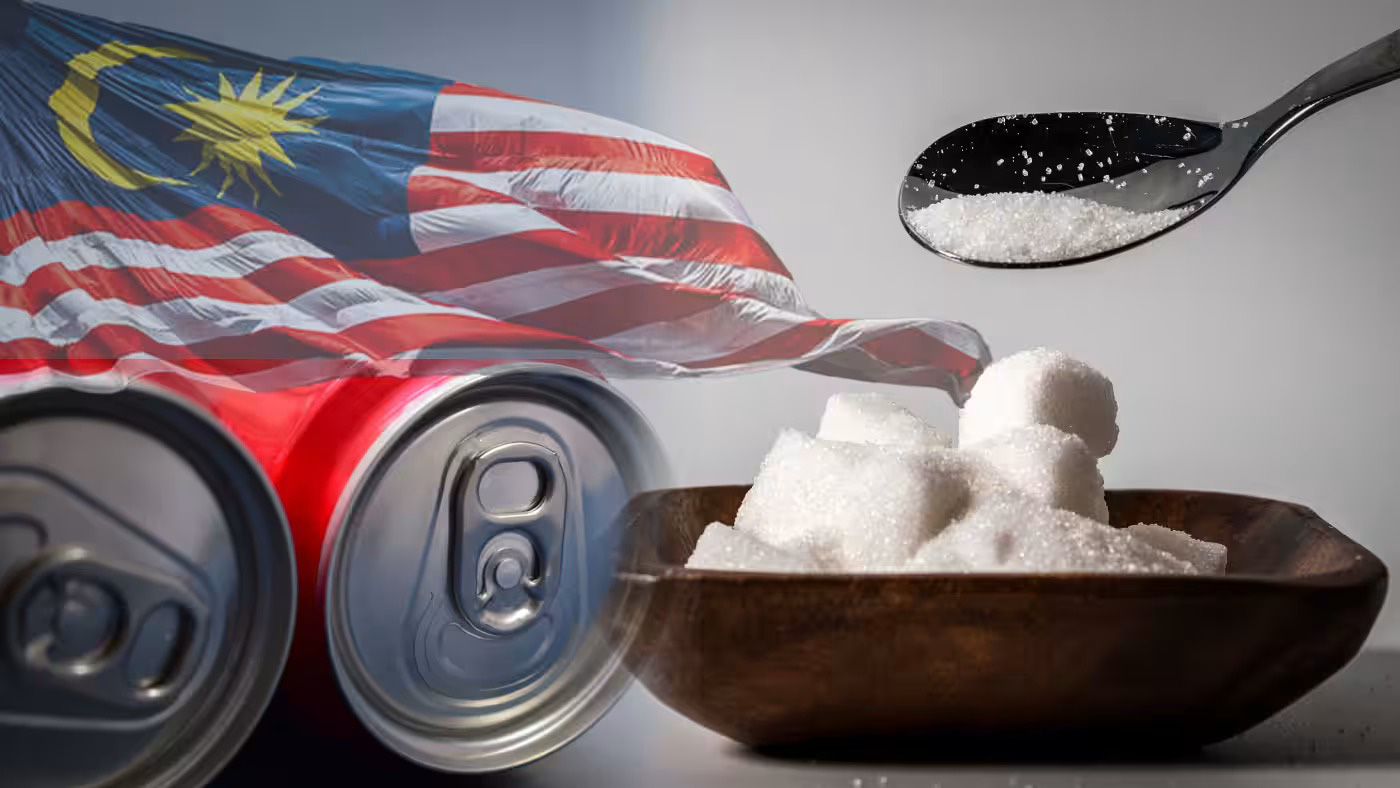
Malaysia has applied a "sugar tax" since 2019 - Photo: NIKKEI ASIA
Malaysia is planning to impose higher taxes on sugary drinks, hoping to reduce people's sugar consumption in an effort to tackle diabetes and other non-communicable diseases, Nikkei Asia reported on September 15.
The plan, announced by Health Minister Dzulkefly Ahmad earlier this week, is expected to be included in the 2025 budget draft and presented to the National Assembly on October 18.
It is known that this "sugar tax" has been applied by Malaysia since 2019, with a tax rate of 0.4 ringgit/liter (about 2,000 VND) on pre-mixed drinks with sugar content exceeding 5g per 100ml, and drinks made from fruits or vegetables exceeding 12g of sugar per 100ml.
Fresh drinks served at the stores will not be subject to tax.
This year the government raised the tax to 0.5 ringgit per litre (about 2,700 dong). Mr Dzulkefly said the increase helped reduce the consumption of sugary drinks nationwide by 9.25%.
"We have found that taxing sugary drinks is effective in helping people reduce their sugar consumption," Mr Dzulkefly told The Star , explaining the government's decision to introduce the new tax.
Details of the new plan have not yet been released, but Mr Dzulkefly suggested in July that the government would increase the tax by another 20%.
The new proposal comes as Malaysia faces lingering public health issues despite the introduction of a "sugar tax" in 2019.
According to a 2023 survey by the Ministry of Health , about 3.6 million Malaysians, equivalent to 15.6% of adults nationwide, are suffering from diabetes.
More than half of the country’s population suffers from non-communicable diseases, including diabetes, hypertension, high cholesterol and obesity. The prevalence of overweight and obesity among adults in Malaysia has increased from 44.5% in 2011 to 54.4% in 2023.
"It is clear that the government's direct impact on people's pockets will be a way to reduce their interest in consuming sugar. This will not reduce the incidence of non-communicable diseases, but I believe it is the right step," said former deputy director-general of the Department of Health Christopher Lee.
“The next step should be to educate and raise public awareness,” he added.
Helmy Haja Mydin, co-founder and senior policy advisor at the Social and Economic Research Initiative, said taxation should take a holistic approach and include pricing measures to prevent the beverage industry from simply absorbing the tax costs without actually addressing the problem.
“There is evidence that this works. The UK National Diet and Nutrition Survey from 2011 to 2019 found that the ‘sugar tax’ led to fewer soft drinks being sold. This allowed manufacturers to reformulate their products to reduce sugar content to avoid the tax,” he said.
Source: https://tuoitre.vn/malaysia-du-kien-danh-thue-manh-cac-loai-do-uong-co-duong-20240915203247294.htm






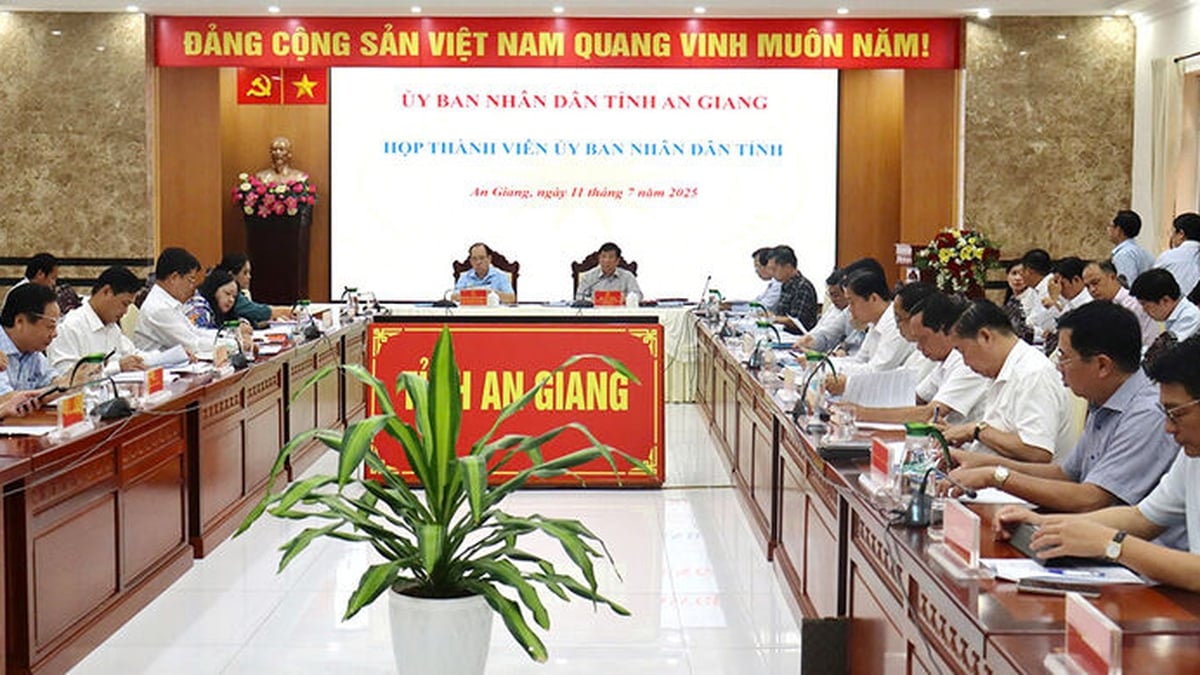


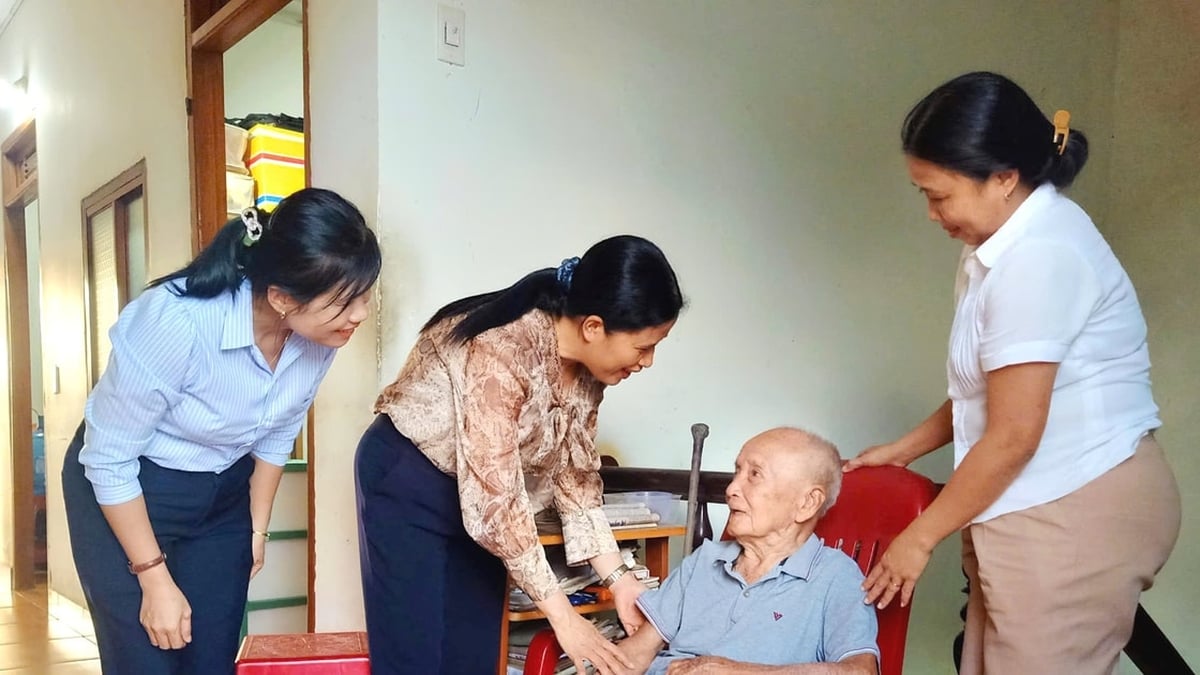
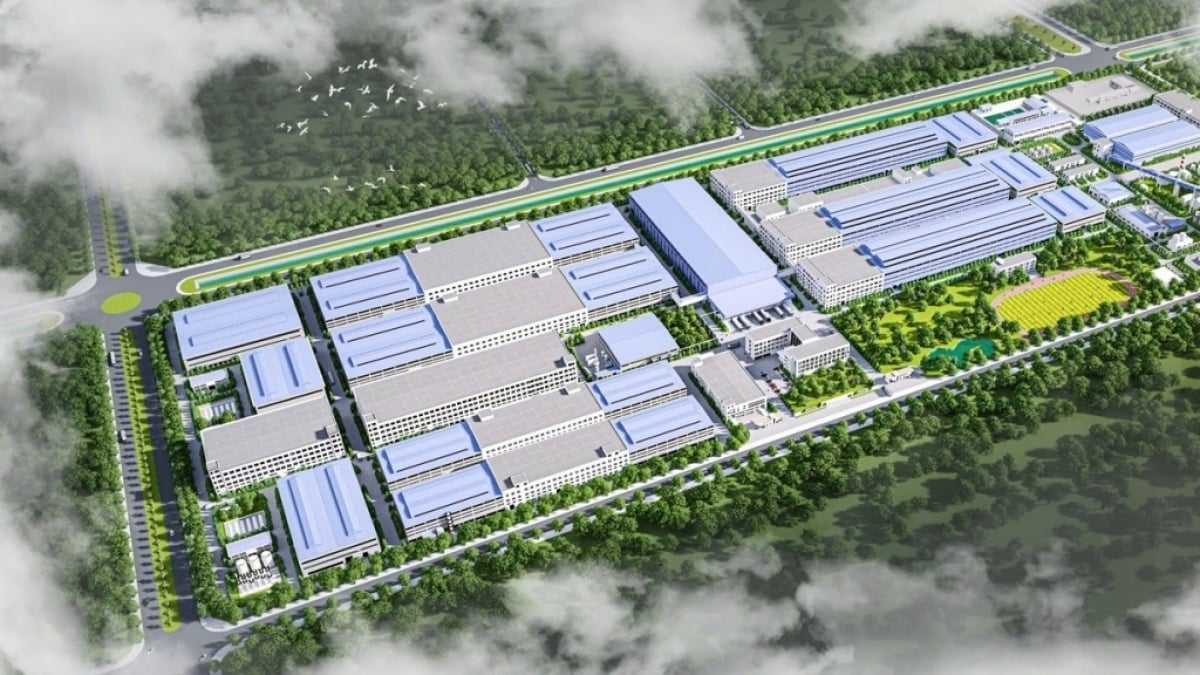














![[Photo] Gia Lai provincial leaders offer flowers at Uncle Ho's Monument with the ethnic groups of the Central Highlands](https://vphoto.vietnam.vn/thumb/1200x675/vietnam/resource/IMAGE/2025/7/9/196438801da24b3cb6158d0501984818)




















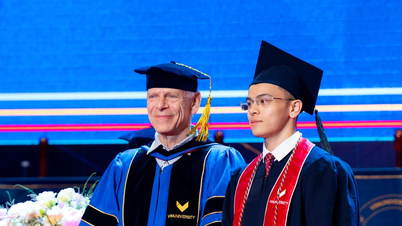












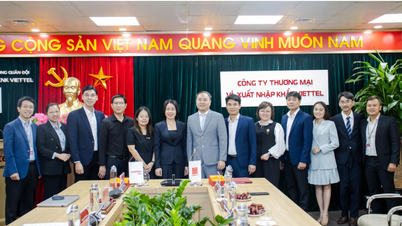













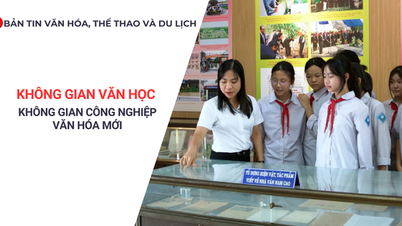




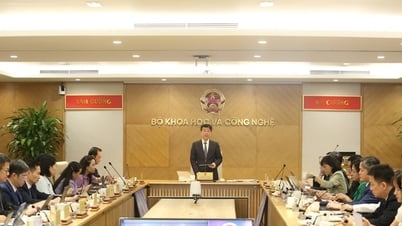















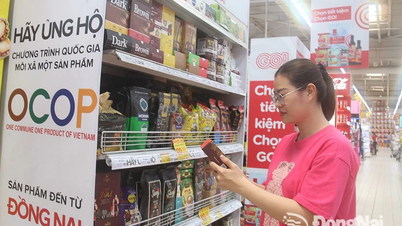








Comment (0)